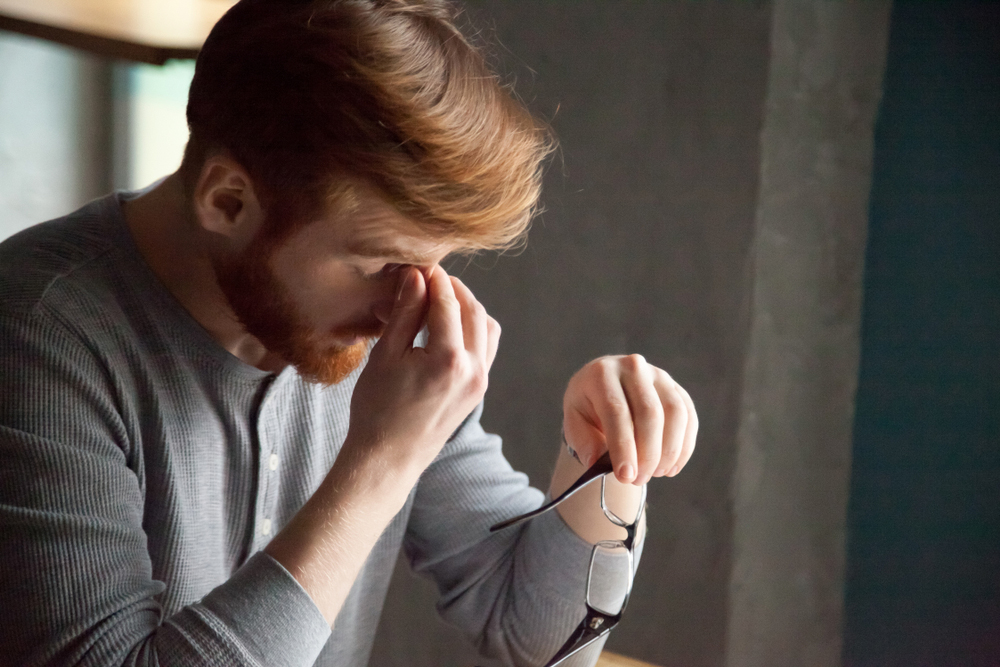While you can expect to be hungover if you drink too much alcohol, you may be surprised to wake up with uncomfortable symptoms the day after using marijuana. Since cannabis affects your body differently than alcohol, a weed hangover typically has less severe consequences than a night of binge drinking. However, you might still experience fatigue, brain fog, dry eyes, headaches and mild nausea. Why does this happen, and should you be concerned about how pot affects your health?
What Causes a Weed Hangover?
Many people believe marijuana is 100% harmless and has no adverse side effects, but this is a misconception. Any substance that changes your thought processes, mood and behavior can eventually be detrimental for your health, especially if you are a regular, long-term user.
Since there are limited studies on weed hangovers, we must rely on anecdotal evidence. The ill effects you could feel the next day may result from your body’s inability to properly metabolize THC. After smoking marijuana or eating cannabis-infused products, you might notice a lingering high or feel sluggish and lethargic. Also, if you took other drugs or drank alcohol while using marijuana, the combined impact of those substances will make your weed hangover worse.
Signs of Cannabis Use Disorder
Sometimes, what you dismiss as a weed hangover could signify a more severe problem. If you rely on marijuana products and have developed a tolerance to THC, you can go through withdrawal when your high wears off. Withdrawal is an early warning sign that you are becoming physically and psychologically dependent on cannabis. Its symptoms include insomnia, mood swings and difficulty concentrating on tasks.
Other red flags of a worsening cannabis use disorder include:
- Spending lots of time thinking about and using marijuana
- Lying to people about how much weed you smoke
- An inability to quit using marijuana, despite the problems it causes in your life
- Using marijuana in high-risk situations, such as while driving
- Needing more cannabis to achieve the same high as before
- Craving pot when you are sober
The Risks of High-THC Marijuana
The amount of marijuana’s psychoactive compound, THC, has increased over the past few decades. If you use the high-THC products or strains that are available at many legal dispensaries today, you will be at greater risk of developing the brain changes that lead to addiction. In addition, some methods of marijuana use such as dabbing and vaping deliver much higher THC levels.
Less desirable effects of cannabis, including paranoia, fear and panic, are also more common with higher-potency strains. These can make you more vulnerable to weed-induced psychosis.
Overcoming a Cannabis Use Disorder
If you have frequent weed hangovers, you may need help ending your dependence on marijuana. At our Southern California addiction hospital, we provide a safe, supportive and confidential environment for holistic recovery. Hemet Valley Recovery Center & Sage Retreat is proud to be an ASAM Level 4 inpatient facility. Our licensed addiction specialists provide individualized attention, 24/7 medical monitoring and access to counseling. Reach out to us today when you’re ready to learn more.


